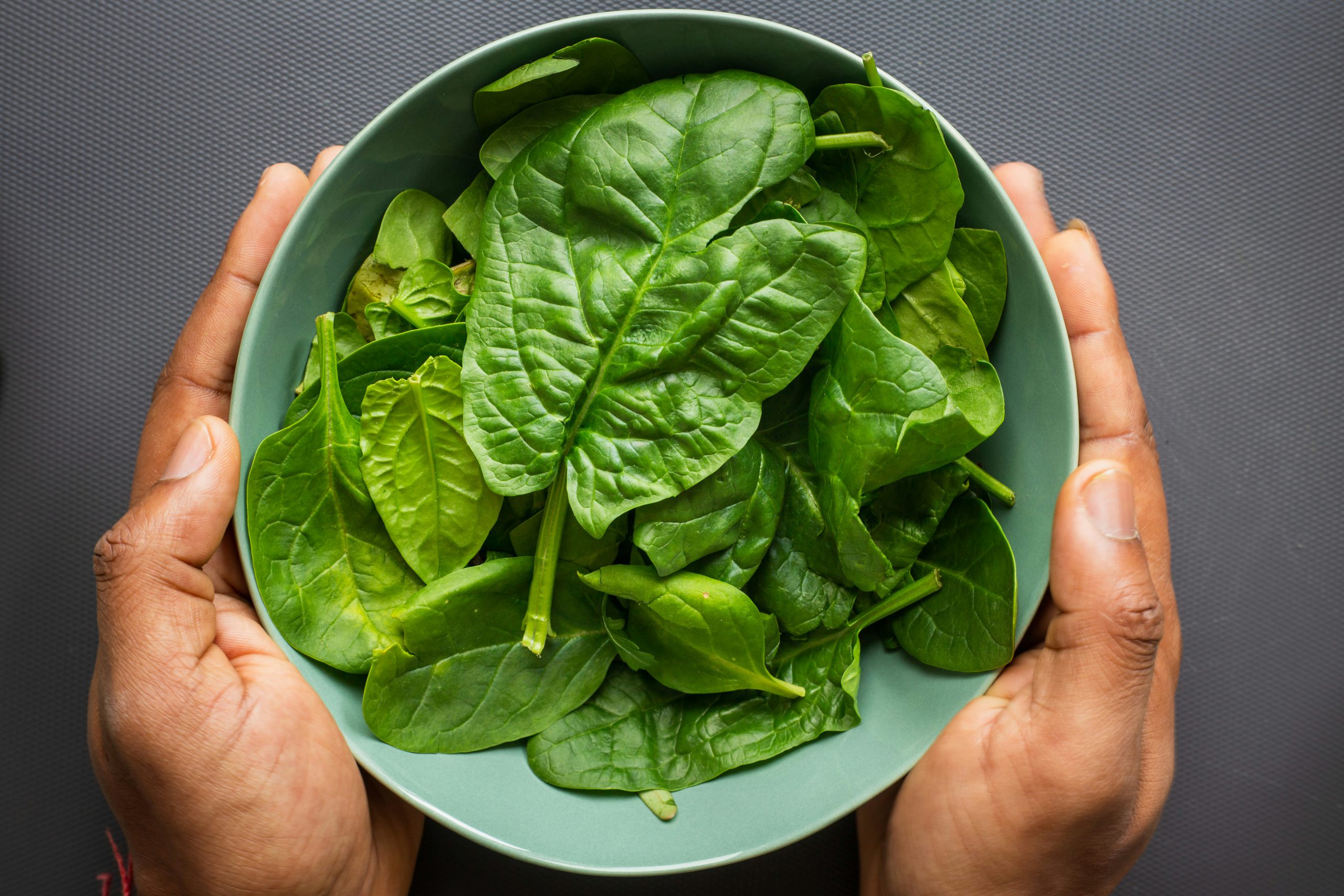The Importance of Fiber in Your Diet: A Key to Optimal Health
As a personal trainer, I often emphasize the importance of a balanced diet in achieving your fitness goals. While many people focus on protein intake or cutting carbs, one crucial nutrient often overlooked is fiber. Fiber plays an essential role in maintaining overall health, supporting digestion, and even aiding in weight management. Understanding the benefits of fiber can transform your diet and, in turn, your overall well-being.
What is Dietary Fiber?
Dietary fiber is a type of carbohydrate found in plant-based foods. Unlike other carbs, fiber is not digested by the body. Instead, it passes through the digestive system, providing a range of health benefits along the way.
Fiber comes in two forms: soluble and insoluble.
- Soluble Fiber: Dissolves in water to form a gel-like substance in the digestive tract. It helps lower blood cholesterol and glucose levels. Foods high in this kind of fiber include beans, oats, beans, lentils, and fruits like apples.
- Insoluble Fiber: Does not dissolve in water. It adds mass to the stool and aids in regular bowel movements. You can find it in whole grains, veggies, nuts, and seeds.
The Health Benefits of Fiber
Incorporating enough fiber into your diet can lead to significant improvements in your overall health. Here are some of the key benefits:
- Promotes Digestive Health: Fiber is best known for its role in promoting healthy digestion. Insoluble fiber adds bulk to stool, helping it move more easily through the digestive system. This can prevent constipation and reduce the risk of developing hemorrhoids. A healthy digestive system is crucial for the absorption of nutrients and overall gut health.
- Supports Heart Health: Soluble fiber is particularly beneficial for heart health. It helps lower LDL (bad) cholesterol levels by binding to cholesterol particles in the digestive system and removing them from the body. Regular fiber intake has been linked to a reduced risk of heart disease, stroke, and high blood pressure.
- Aids in Weight Management: Fiber-rich foods are more filling than low-fiber foods, which can help you feel full for longer periods. This can reduce overall calorie intake and help with weight management. Additionally, fiber slows the digestion of sugars, leading to more stable blood sugar levels and reducing the risk of insulin spikes.
- Regulates Blood Sugar Levels: Soluble fiber slows down the absorption of sugar, which can help regulate blood sugar levels. This is particularly important for people with diabetes or those at risk of developing it. A diet high in fiber can help maintain more consistent energy levels throughout the day.
- Supports a Healthy Gut Microbiome: Fiber acts as a prebiotic, meaning it feeds the beneficial bacteria in your gut. A healthy gut microbiome is linked to numerous aspects of health, including improved immune function, better mood, and reduced inflammation.
- May Reduce the Risk of Certain Cancers: A high-fiber diet has been associated with a lower risk of developing certain cancers, particularly colorectal cancer. The increased transit time of waste through the digestive system may reduce the exposure of the colon to potential carcinogens.
How Much Fiber Do You Need?
The recommended daily intake of fiber is about 25 grams per day for women and 38 grams per day for men. Unfortunately, many people fall short of these recommendations, leading to potential health issues. To ensure you’re getting enough fiber, focus on incorporating a variety of fiber-rich foods into your diet, such as:
- Whole grains (brown rice, oats, quinoa)
- Fruits (berries, apples, oranges)
- Vegetables (broccoli, carrots, leafy greens)
- Legumes (beans, lentils, chickpeas)
- Nuts and seeds (almonds, flaxseeds, chia seeds)
Tips for Increasing Fiber Intake
If your current diet is low in fiber, it’s important to increase your intake gradually to avoid digestive discomfort. Here are some tips:
- Start Your Day with Fiber: Begin your day with a high-fiber breakfast, such as oatmeal topped with berries or a smoothie with added chia seeds.
- Incorporate More Vegetables: Aim to include vegetables in every meal. Add leafy greens to your sandwiches, enjoy a side salad, or include extra veggies in your soups and stews.
- Choose Whole Grains: Replace refined grains with whole grains. Opt for whole-wheat bread, brown rice, or whole-grain pasta instead of their white counterparts.
- Snack on Fiber-Rich Foods: Choose fruits, nuts, and seeds as snacks instead of processed, low-fiber options.
- Stay Hydrated: Drinking plenty of water is important when increasing your fiber intake, as fiber absorbs water and helps move it through the digestive system.
Conclusion
Fiber is an essential nutrient that plays a crucial role in maintaining overall health. From promoting digestive health to supporting heart health and aiding in weight management, the benefits of fiber are far-reaching. By making fiber-rich foods a regular part of your diet, you can enhance your well-being and achieve a healthier, more balanced lifestyle. As your personal trainer, I encourage you to prioritize fiber in your diet to support both your fitness goals and long-term health.




